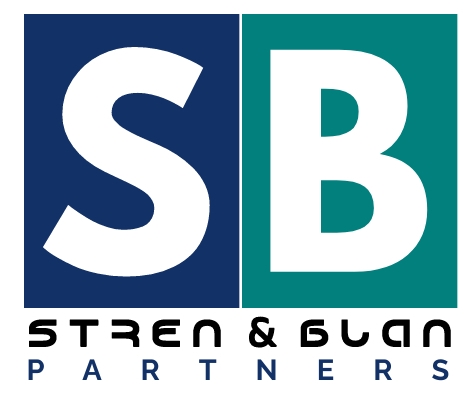Introduction
The Nigerian foreign exchange regime has continued to witness notable changes in recent times. The changes have primarily been driven by the major regulator, the Central Bank of Nigeria (CBN). Further to its objectives to ensure monetary and price stability, the CBN on 12th October 2023, issued a press releaselifting the Foreign Exchange (“FOREX” or “FX”) restrictions placed on the importation of forty-three (43) items, and restating its commitment to boost liquidity in the FX Market, among others. This policy change, alongside other recent policy changes spearheaded by the CBN, has introduced strategic shifts in the financial market.
Background
On 23rd June 2015, the CBN issued a circular that included forty-one (41) imported goods and services on a list of items deemed ineligible for foreign exchange transactions within the Nigerian foreign exchange market. A subsequent addendum by the CBN increased the number of the restricted items to forty-three (43), effectively rendering all forty-three (43) itemsineligible for FX transactions at the Nigerian FX window.
The restriction was aimed at reducing foreign exchange demand in favor of products that could be locally produced, improvingemployment generation, and conserving foreign reserves.
Please see a list of the restricted items here.
Recent Developments
Fast forward to the press release of 12th October 2023, the CBNreaffirmed its commitment to a market-driven exchange rate system, stating that it has now lifted the restrictions on all forty-three (43) items that were previously restricted from accessing foreign exchange through the official FX window since 2015. By removing the FX restrictions, the importers of these forty-three (43) items are now permitted to source foreign exchange from the Nigerian official FX market.
Another implication of this development is that it potentially implements a unified FX market in line with the Willing–buyers-Willing-sellers principle, which is crucial for an effective monetary policy. Recent discrepancies in exchange rates in the official market and the parallel market indicated an issue that could not be ignored. Thus, removing FX restrictions on theimportation of those items eliminates the need for the importers of the items to source FX from the parallel market, which wouldinvariably curb inflation.
CBN’s Progressive Approach
The CBN further mentioned that it is currently engaged in consultations with market participants to achieve the objective of unifying FX rates. Furthermore, the apex bank, by virtue of the press release, expressed its intent to maintain orderliness and professional conduct among all participants in the Nigerian FX Market, aiming to ensure that market forces determine exchange rates on a Willing Buyer-Willing Seller model which was re-introduced by the CBN on 14th June 2023.
The apex bank reiterated that the prevailing FX rates should be referenced from platforms such as the CBN website, FMDQ, and other recognized trading systems to promote price discovery, transparency, and credibility in the FX rates.
The CBN also stated that, in line with its responsibility to ensure price stability, it will infuse liquidity into the Nigerian FX Market through periodic interventions. As liquidity in the market improves, these CBN interventions will gradually decrease.
The CBN’s intervention in lifting the restriction is welcomed.However, the major reason for initially imposing the ban on those forty-three (43) items which is to discourage importers from importing goods that can be locally manufactured has to be considered. Therefore, there is a need for the CBN to also beam its light into the local manufacturing sector and extend fellowship by establishing robust funding schemes for these items to be locally produced and exported. The CBN can also explore increasing the funding and widening the scope of the existing Anchor Borrowers’ Programme (ABP) Guidelines (Anchor Loans) to local farmers/manufacturers, by accommodating all forty-three (43) items to encourage healthy competition and product demand between local manufacturers and importers of foreign products which will help grow Nigeria’s economy.
Please see a list of items currently covered under the AnchorLoans here.
Conclusion
The CBN’s decision to lift the FX restriction on the importation of these forty-three (43) items signifies a substantial step in addressing Nigeria’s forex deficit crisis, which has been an ongoing concern. A follow-through implementation of the guidelines contained in this press release will potentially ease the FX expenditure of the apex bank and further help to stabilize the economy by cracking down on inflation, an economic concern which has become prevalent due to the devaluation of the Naira to other currencies and the pressure of sourcing of FX to import the previously restricted items, among other FX expenditures.
It is expected that the effect of this development will encourage participation in the I & E window for investors, shore up our foreign reserve by preserving our FX, and help stabilize the economy.
Also, local manufacturers should be encouraged through Anchor Loans so that their products and goods can compete healthily with imported goods and products and further discourage importation which will also preserve our FX reserve.
We envisage that there will be a surge in demand for FX from importers in the official market due to this policy. The CBN should consider taking proactive measures to ensure it has adequate FX reserves to meet the expected surge.
